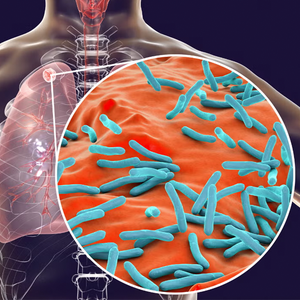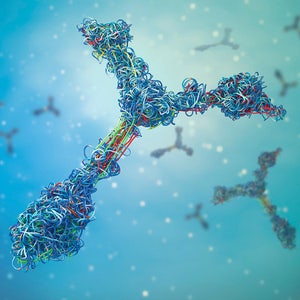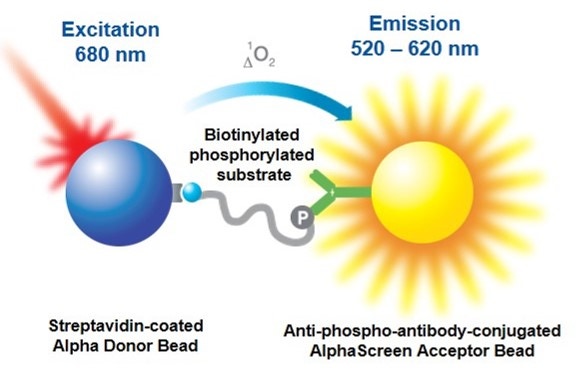
Overview
AlphaScreen™ and AlphaLISA™ technologies can be used to perform tyrosine, serine/threonine, and lipid kinase assays. Compatible kinase substrates include lipids, peptides, and full-length proteins. Substrate capture by the beads is achieved using protein tags (GST, 6-His), chemical labels (biotin, digoxygenin, FITC), or by using specific antibodies to detect unmodified endogenous proteins. The AlphaScreen PhosphoSensor kit allows you to detect substrate phosphorylation when suitable antibodies are unavailable, or when the exact phosphorylation site is unknown. Both AlphaScreen and AlphaLISA technologies can be used for biochemical in vitro assays, though AlphaLISA beads can also be used when working with more-complex matrices such as serum samples or cell lysates. If you are interested in cell-based kinase assays, we recommend that you check the Alpha SureFire™ kits list to see if a kit already exists for your target of interest.
There are three major formats for Alpha kinase assays:
- Detection of phosphorylated substrate using generic or specific anti-phospho antibodies.
- Detection of phosphorylated substrate using our AlphaScreen PhosphoSensor antibody-free assay.
- Detection of substrate binding to kinase using an Alpha biomolecular interaction assay.
General steps for kinase assay development
Optimization steps in brief
- Enzyme titration (control, no enzyme)
- Kinetic study (time-course)
- Substrate titration
- Antibody titration (if applicable)
- ATP titration
- Inhibition curve
- Z' experiment (if desired)
Buffer selection
Visit Buffer selection for Alpha assays for help in choosing a suitable buffer for your assay. This page describes the various Alpha immunoassay buffers supplied by Revvity and will help you avoid interfering substances in buffers of your own design.
Anti-phospho antibody-based assays
Detailed information on assay development, where to start, tips and what you need to run this assay.

Figure 1. Alpha kinase assay using an anti-phospho antibody.
Alpha SureFire™ cellular kinase assays
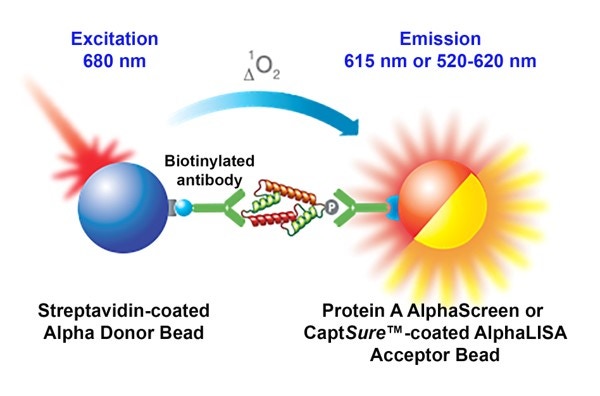
Figure 2. Alpha SureFire™ assay to study cellular phosphorylation events.
PhosphoSensor assays
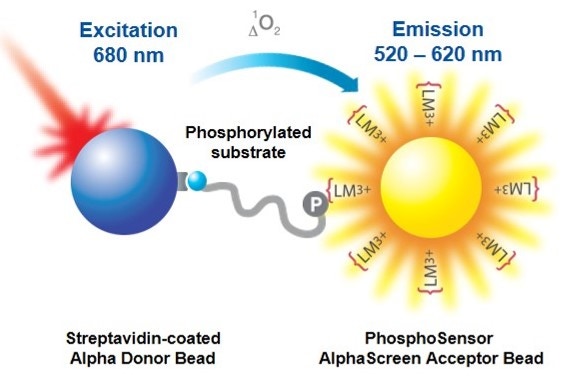
Figure 3. Alpha kinase assay using the AlphaScreen PhosphoSensor kit.
Substrate binding assays
View more information on assay development, what you need to run this assay, tips, etc.
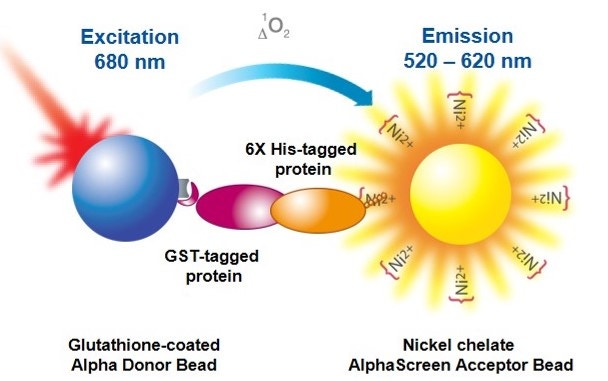
Figure 4. Alpha kinase substrate binding assay.
Citations
View a brief list of citations for Alpha kinase assays.
General tips
- Information is provided on the pages linked from each assay format described above.
- Echelon makes a PI3 kinase adapter kit (#K-1300) that works with our AlphaScreen GST detection kit (catalog number 6760603C/M/R) to measure the phosphorylation of PIP2 by PI3 kinase (PI3K).
Troubleshooting
View general Alpha troubleshooting tips.
For research use only. Not for use in diagnostic procedures. The information provided above is solely for informational and research purposes only.
Revvity assumes no liability or responsibility for any injuries, losses, or damages resulting from the use or misuse of the provided information, and Revvity assumes no liability for any outcomes resulting from the use or misuse of any recommendations. The information is provided on an "as is" basis without warranties of any kind. Users are responsible for determining the suitability of any recommendations for the user’s particular research. Any recommendations provided by Revvity should not be considered a substitute for a user’s own professional judgment.






